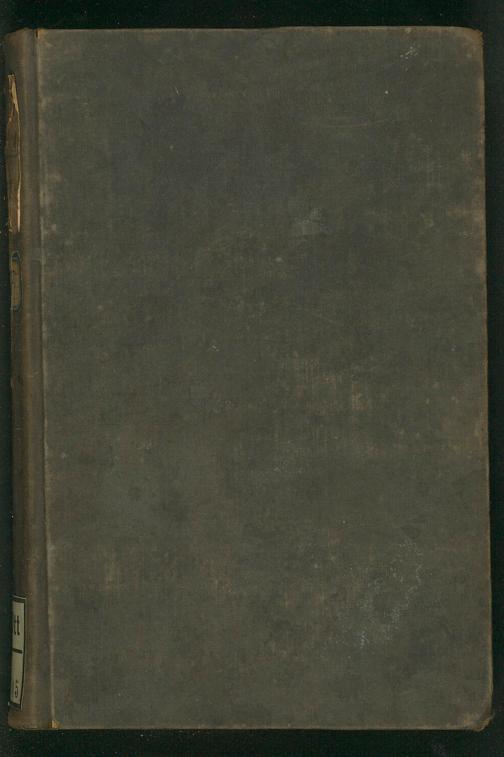Digitale Giessener SammlungenLeihbücherei OttmannGesammelte SchriftenBd. 8Die Clubisten in Mainz : ein Roman in drei Theilen : Th. 2
Digitale Giessener SammlungenLeihbücherei OttmannGesammelte SchriftenBd. 8Die Clubisten in Mainz : ein Roman in drei Theilen : Th. 2




